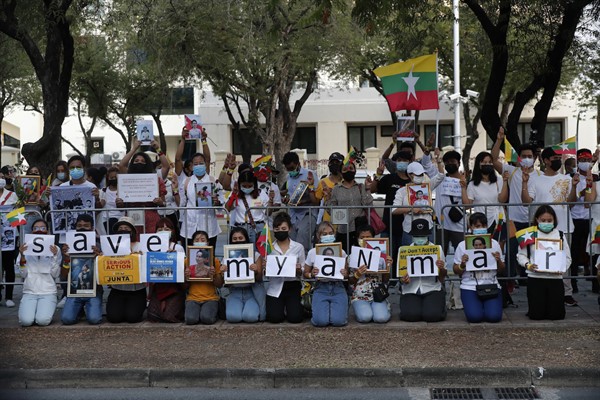The military coup that deposed Myanmar’s civilian government in February has created an escalating humanitarian crisis and left the country teetering on the brink of civil war. As the junta continues to target the population with violence, including torture and sexual assault, the opposition movement has also begun to question the effectiveness of its largely peaceful protests, especially in the absence of international support for the pro-democracy struggle.
In a WPR article earlier this week, Prachi Vidwans noted that this is precisely the kind of situation where the United Nations can do the most good if it were to act early, but where it is the least likely to do so. Indeed, as I told Vidwans in an interview for the article, “the U.N. does really poorly in supporting nonviolent resistance movements before they become violent or engaging in preventive diplomacy when violence is about to break out.”
It is reasonable to conclude, as Vidwans did in her article, that “the truth is that there is not much more that the international community could realistically be doing to help.”

